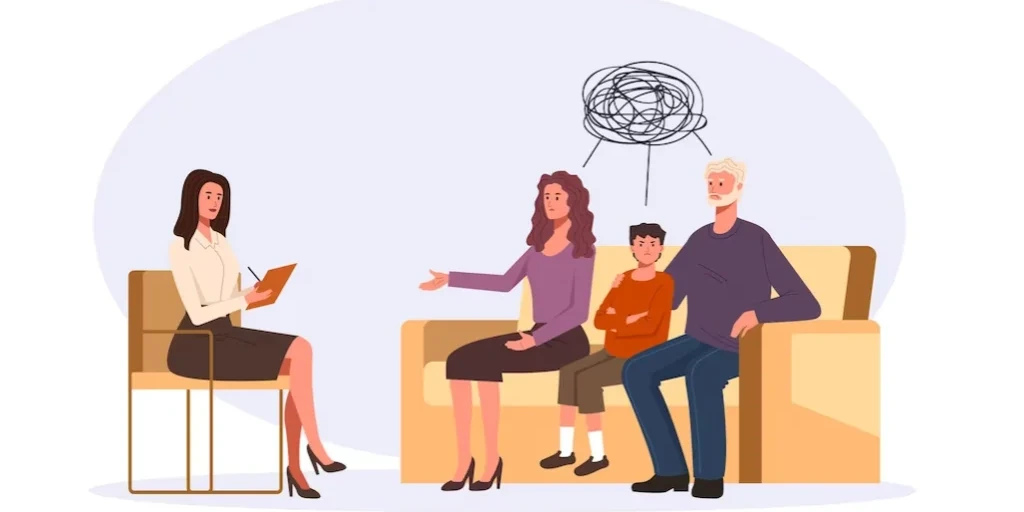24/7 Helpline:
(866) 899-111424/7 Helpline:
(866) 899-1114
Learn more about Bipolar Disorder Treatment centers in Ruston
Bipolar Disorder Treatment in Other Cities

Other Insurance Options

Covered California

WellCare Health Plans

CareFirst

Holman Group

GEHA

MHNNet Behavioral Health

BHS | Behavioral Health Systems

Carleon

UMR
Beacon

Humana

Highmark

Access to Recovery (ATR) Voucher

MVP Healthcare

Coventry Health Care

Multiplan

Meritain

Ambetter

Aetna

Excellus

Lincoln Nova Vital Recovery
Lincoln Nova Vital Recovery is a dual diagnosis, drug, and alcohol addiction treatment center locate...

Northeast Delta Human Services Authority
Northeast Delta Human Services Authority serves people with mental health issues, addictive disorder...



Professional Counseling Services of Ruston
Professional Counseling Services of Ruston is a private rehab located in Ruston, Louisiana. Professi...








































